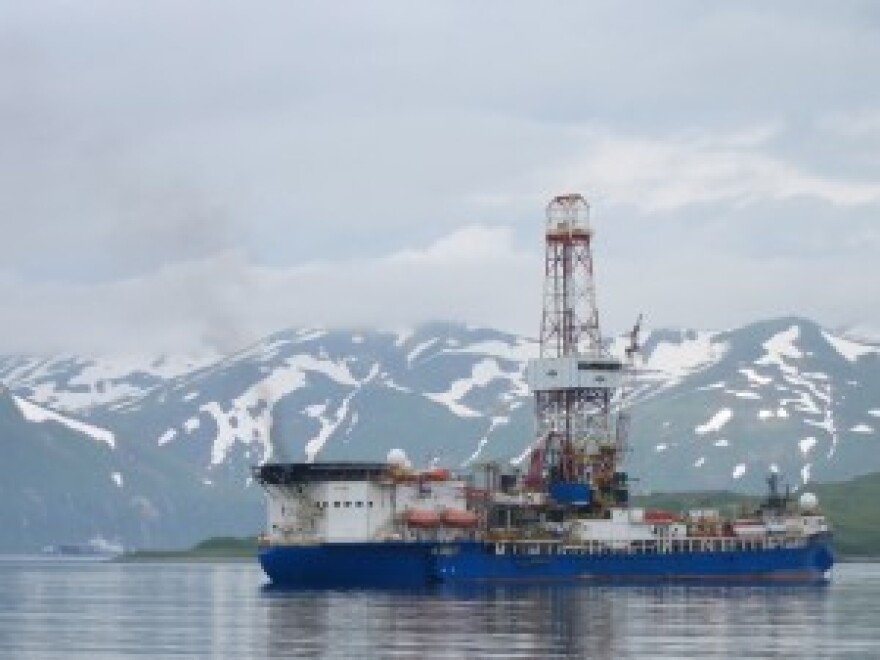Governor Bill Walker is calling Shell’s announcement a "huge disappointment." He says the end of Shell’s offshore dreams means the state must push harder for the federal government to allow drilling in another controversial region -- the Arctic National Wildlife Refuge.
"We need to get some oil in the pipeline, and we need to do it as quickly as possible…if it’s not going to come from offshore, let’s safely develop it from onshore," Walker says.
With a majority of state revenue coming from oil, Alaska has been hit hard not only by plummeting oil prices but by declining production, which has meant less oil flowing through the Trans Alaska Pipeline.
The Arctic Slope Regional Corporation is also expressing frustration. In a written statement, President Rex Rock says that without more oil and gas development, communities in the region face "a fiscal crisis beyond measure" and blames federal regulators for Shell’s decision. ASRC and six Native village corporations on the North Slope had entered into a partnership with Shell in the Chukchi Sea.
“With this type of uncertainty, we will continue to see good opportunities slip away because no one wants to do business in Alaska," he says.
But for others,
"People were relieved – there was jubilation."
Rosemary Ahtuangaruak lives in Barrow. The city is in the middle of its fall whale hunt. Shell's exploration was just 150 miles away.
Speaking with her grandchildren playing in the background, Ahtuangaruak says it's crucial to protect the environment -- and the community’s subsistence lifestyle - for the next generation.
"We’re not prepared, we didn’t have enough infrastructure and resources to be able to respond to an adverse event."
She says on paper, there’s a plan to deal with any spill.
"But the reality of working in our harsh environment, there is no proven method to respond to an adverse event of a spill."
Shell’s project would have opened up an entirely new area to drilling. Lois Epstein of The Wilderness Society, says that would have had long term repercussions well outside the region.
"Once you invest in the infrastructure to do that, we are going to be relying on fossil fuels for that much longer."
Meanwhile, Shell still needs to seal the exploratory well, and move its two drilling rigs and dozens of support vessels out of the Arctic before the arrival of winter sea ice.

